Content
“Vegetable of longevity,” this is how eggplant is respectfully called in the East. Those who have been to Turkey and the Caucasus know that eggplants are an obligatory dish on the tables in these countries. National cuisines of the East have dozens of eggplant dishes in their arsenal. When prepared in a variety of ways, the vegetable has a wonderful taste. The benefits for the body are simply enormous, thanks to the rich composition of vitamins, microelements, and fiber. The vegetable can be consumed without restrictions on age and health status. Particularly beneficial for older people and pregnant women.
Variety of varieties and hybrids
The work of breeders brings gardeners results in the form of an unprecedented number of varieties and hybrids of vegetables, varied in properties, appearance, color and shape of the fruit. And many are lost in the sea of varieties and hybrids. Choose vegetables that are suitable for growing in your climate zone and with the properties you want to obtain; carefully read the descriptions of the varieties from the manufacturers. There are varieties and hybrids with fruit shapes and colors that are completely uncharacteristic of eggplants, and they have excellent taste. For example, fruits white eggplant They are not bitter at all, as they have a low solanine content and do not have seeds.The most tender eggplant F1 has all the listed properties. The fruits of the plant are elongated, cylindrical, more than 20 cm long, which is convenient for cooking. The dense pulp of the fruits of the Gentle variety has a pleasant, delicate taste.
Growing
The Tenderest Eggplant is a hybrid. Hybrids do not produce seeds, but are more resistant to diseases and unfavorable conditions. The plant is suitable for growing in greenhouses, hotbeds, and open ground, as long as you take additional measures to protect it from temperature changes. To do this, you need to install arcs and stretch a covering material over them: agrofibre or polyethylene film. Otherwise, during the cold spell, the Tenderest eggplant will freeze in growth, and it will become extremely difficult to wait for fruit.
Seed selection and germination
Growing Tender eggplants begins with seed selection. Manufacturers claim that eggplant seeds remain viable for up to 8 years. The statement is not entirely true; each year of storage reduces the germination percentage. Therefore, when buying seeds, check the date of their production.
Before planting, calibrate the seeds. Divide them, upon visual inspection, into large and small. Or place in a saline solution (1 tablespoon of salt per 0.5 liters of water). Sow those seeds that sink to the bottom, but don’t throw away those that float, but sow them separately. What do these manipulations give you? And the fact that your seedlings will be even, taller plants will not drown out the lower ones.
And one more step in the pre-sowing preparation of seeds: their germination.
Place the seeds on moistened gauze, cotton pads or other non-woven material.Wait until the seedlings appear, then the seeds can be planted in the ground. Do not allow the seeds to dry out. All pre-planting actions reduce the time of emergence of seedlings. Eggplants have a very long growing season, and accordingly, the seedling period is also long. The older the Tender eggplant seedlings are, the higher the plant yield. If the seedlings are 80 days old, the yield will be 50% higher than that of eggplants whose seedlings were planted at 60 days of age.
Planting and caring for seedlings
Tender eggplants do not like to be disturbed. Therefore, it is better to do without picking seedlings. Plant the seeds immediately in separate containers, for example, peat cups. Place the germinated seeds of Tender in the soil to a depth of 0.5 cm. 2 seeds in one hole. Next, remove the least viable plant.
Caring for seedlings involves providing lighting and regular watering of the plants. The Tenderest hybrid seedlings develop correctly if the daylight hours are 10–12 hours. With more lighting, the green mass of seedlings develops vigorously to the detriment of the future harvest; with less lighting, the seedlings do not grow. If necessary, illuminate the plants with lamps. The lack of regular watering acts as stress on the plants, which again will not have the best effect on the yield of the Tender variety. Take warm water for irrigation +24 degrees.
Landing in the ground
Before planting in the ground, prepare the plants for changing temperature conditions. Start hardening off the seedlings 2 weeks in advance. You can treat plants with growth stimulants: “Bud”, “Epin”, “Etamon”, “Kornevin” and others. Maintain crop rotation.Eggplants grow best after: carrots, onions and cabbage. Poor harvest after: potatoes and tomatoes.
The Gentle variety can be planted in the ground when the soil warms up to +20 degrees and when the threat of frost has passed. This is usually the period from late May to early June. Planting seedlings too late leads to the fact that the seedlings of the Tender variety outgrow and immediately find themselves in extreme conditions of high temperatures. Which again does not work in the best way. Seedlings take a long time to adapt, which significantly delays the harvest time.
The Tenderest eggplant hybrid has a bush height of 40 to 140 cm. In open ground, plants are always lower than their counterparts grown in greenhouses. Follow the planting pattern of 40x50 cm. So that the plants have enough space to develop and do not shade each other. The development and fruiting of eggplants depends on the level of light. For tips on growing eggplants, watch the video:
Watering and fertilizing
Other factors for obtaining a rich harvest of the Tender hybrid are regular watering and fertilizing. Do not allow the soil to dry out. To reduce the frequency of watering, it is recommended to cover the top layer of soil with mulch: straw, peat, sawdust or modern materials: black agrofibre or vermiculite.
Pay due attention to plant nutrition. Every 2 - 3 weeks, feed the eggplants with mineral fertilizers and organic fertilizers alternately. The first feeding of planted seedlings should take place after 2 weeks. Before setting fruit, do not feed the plants with organic fertilizers, which cause rapid growth of green mass to the detriment of fruit formation.
Harvesting
Tender eggplants are harvested half-ripe.In white eggplants, ripeness is determined by the size of the fruit and the presence of a glossy sheen. It is better to eat eggplants freshly picked, since the fruits are not stored for a long time and some of the beneficial properties are lost during storage.
Try new eggplant hybrids and varieties. Most often, they have better nutritional properties and are less capricious when grown.
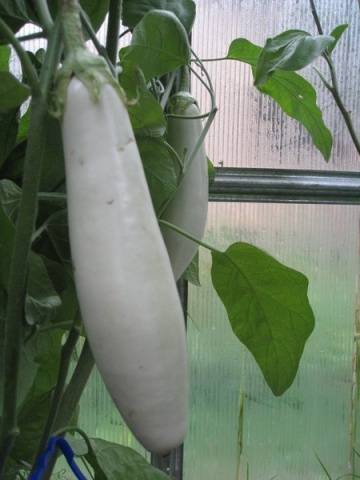
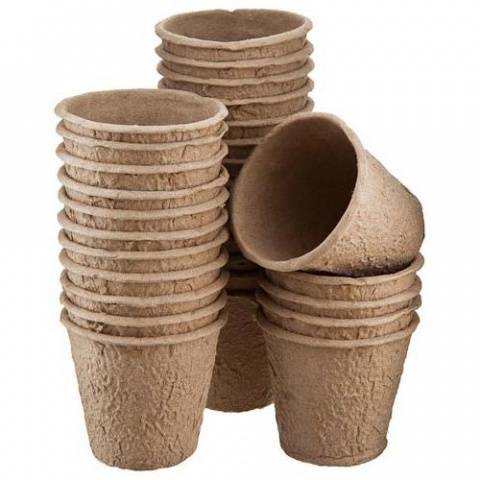
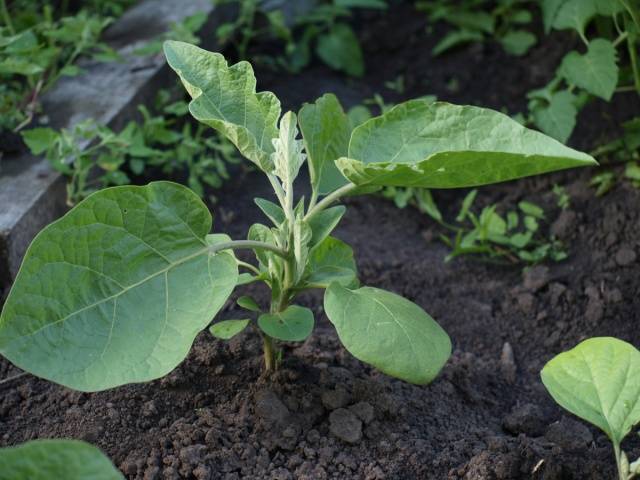
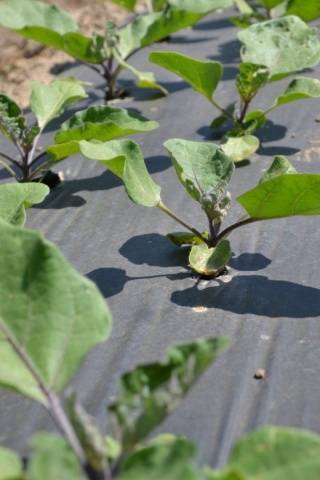
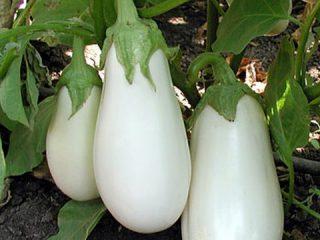
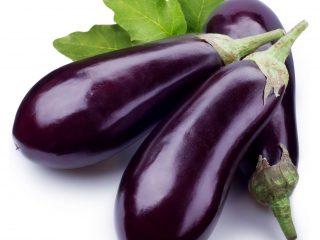
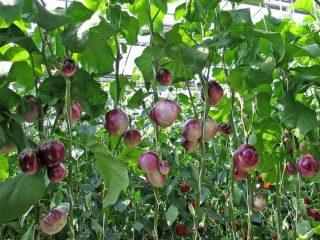
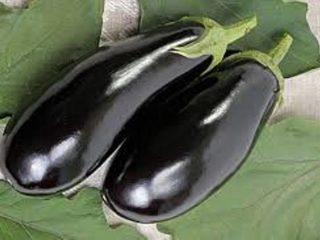

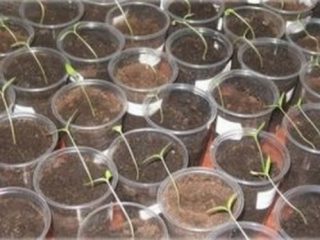
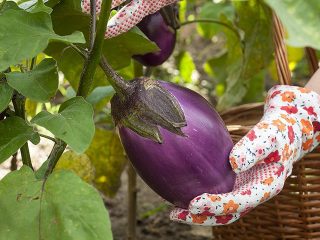


Attention!!! Many seed manufacturers have begun placing the seeds in a sealed plastic bag. The meaning of this is the same as selling 10 seeds per package. And you have to buy seeds every year! Although, with normal storage, germination is about 7 years. The supply of seeds will suffocate in this bag... . Only business. Nothing personal.